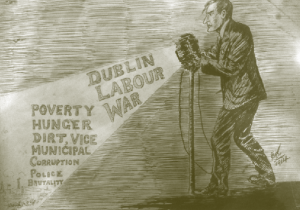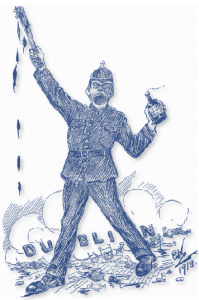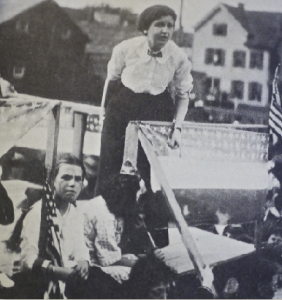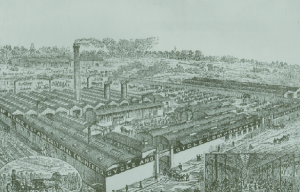‘Bad, sad specimens of the human race’: nationalist opinion and the striking workers of 1913
Throughout the winter of 1913 the unskilled workers of Dublin were persistently labelled in print by respectable Catholic opinion as ‘scum’, ‘roughs’, ‘degenerates’ and ‘undesirables’. A brief review of provincial nationalist opinion reveals the profound antagonism towards the strikers’ plight and the visceral contempt for their very struggle to survive, indicative of the deep social … Read more




